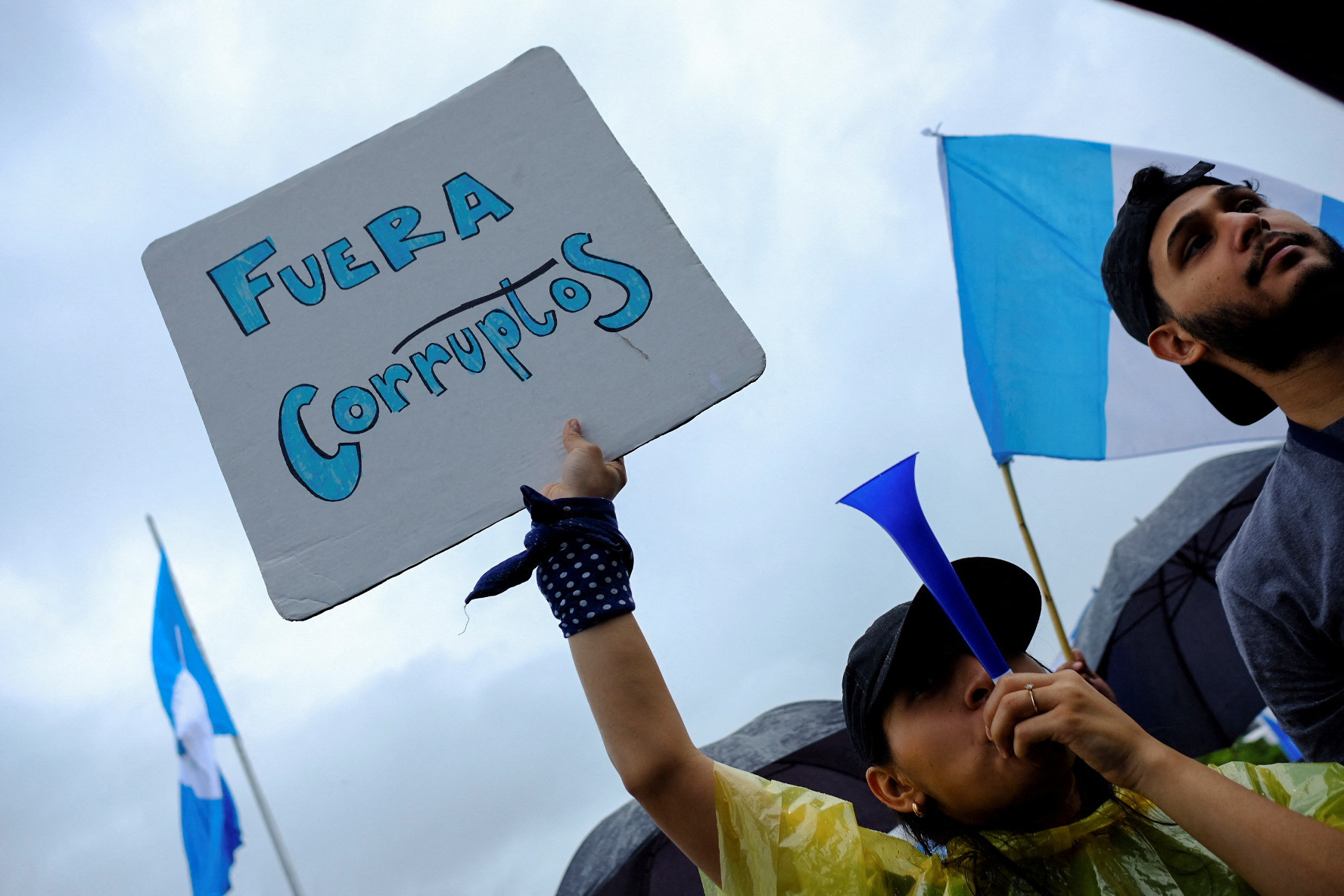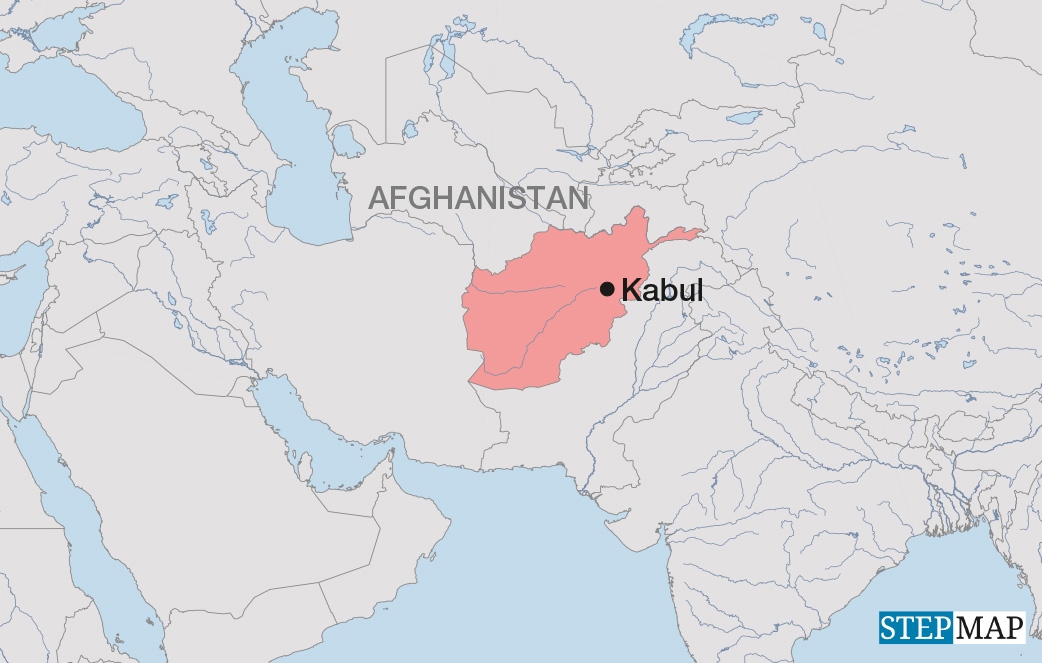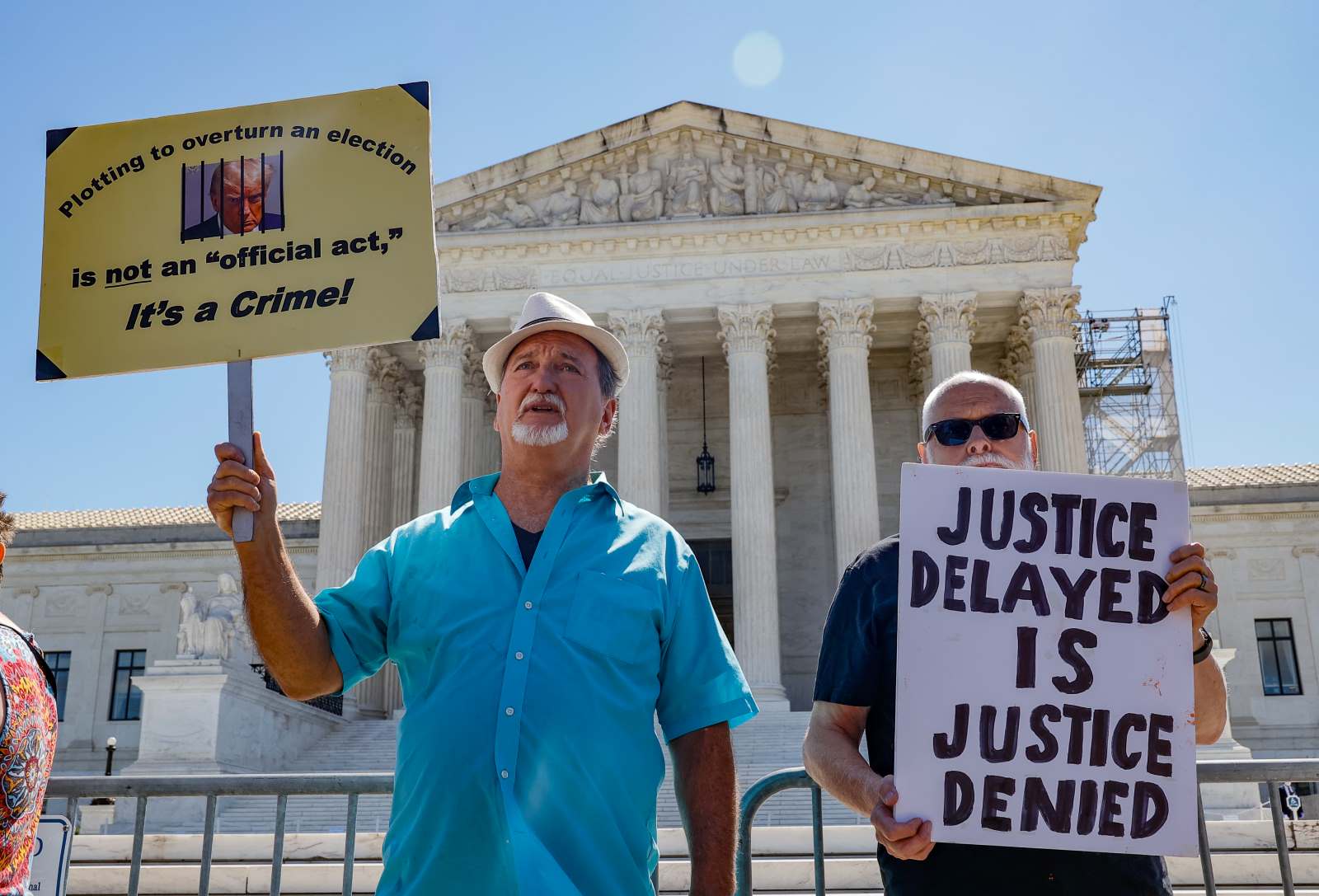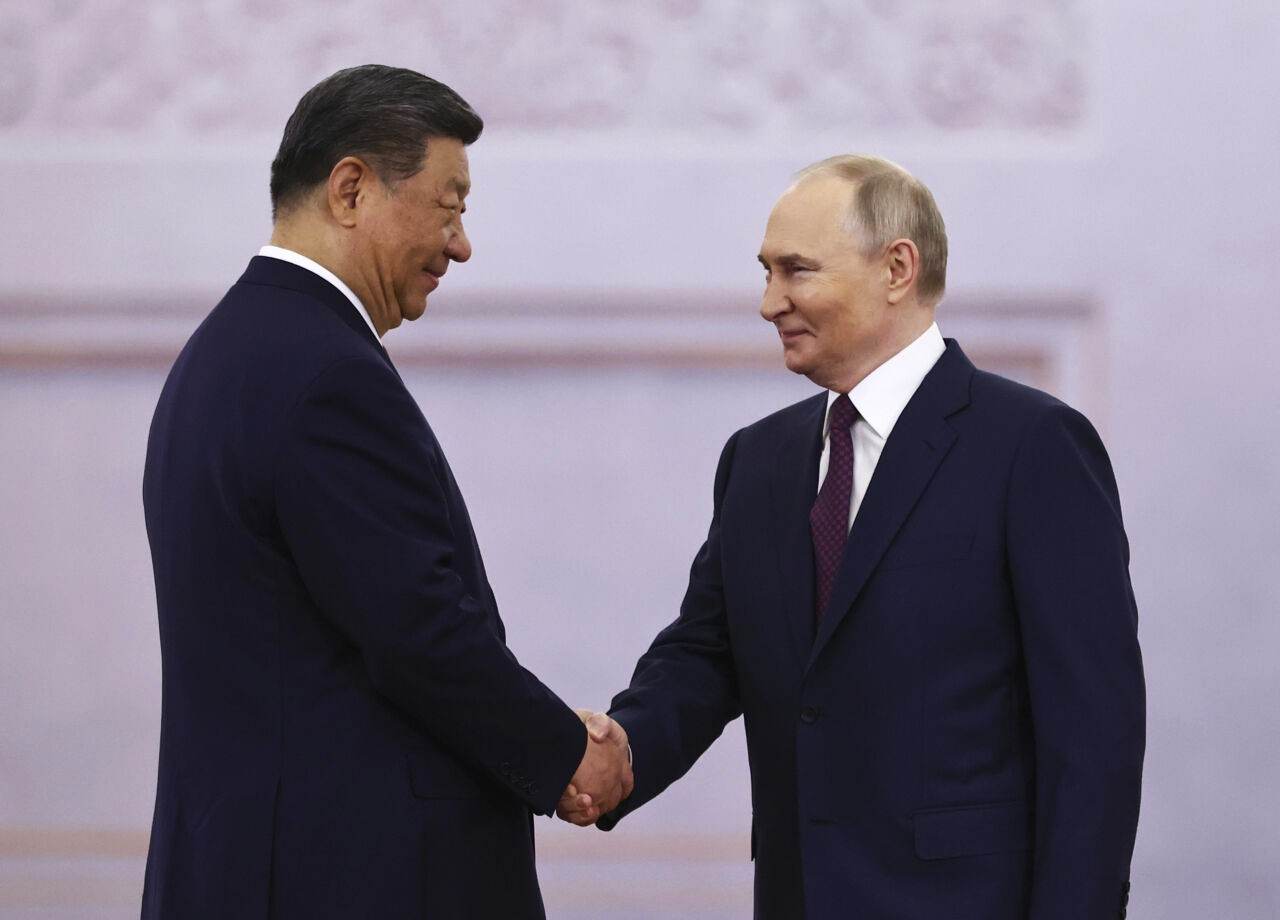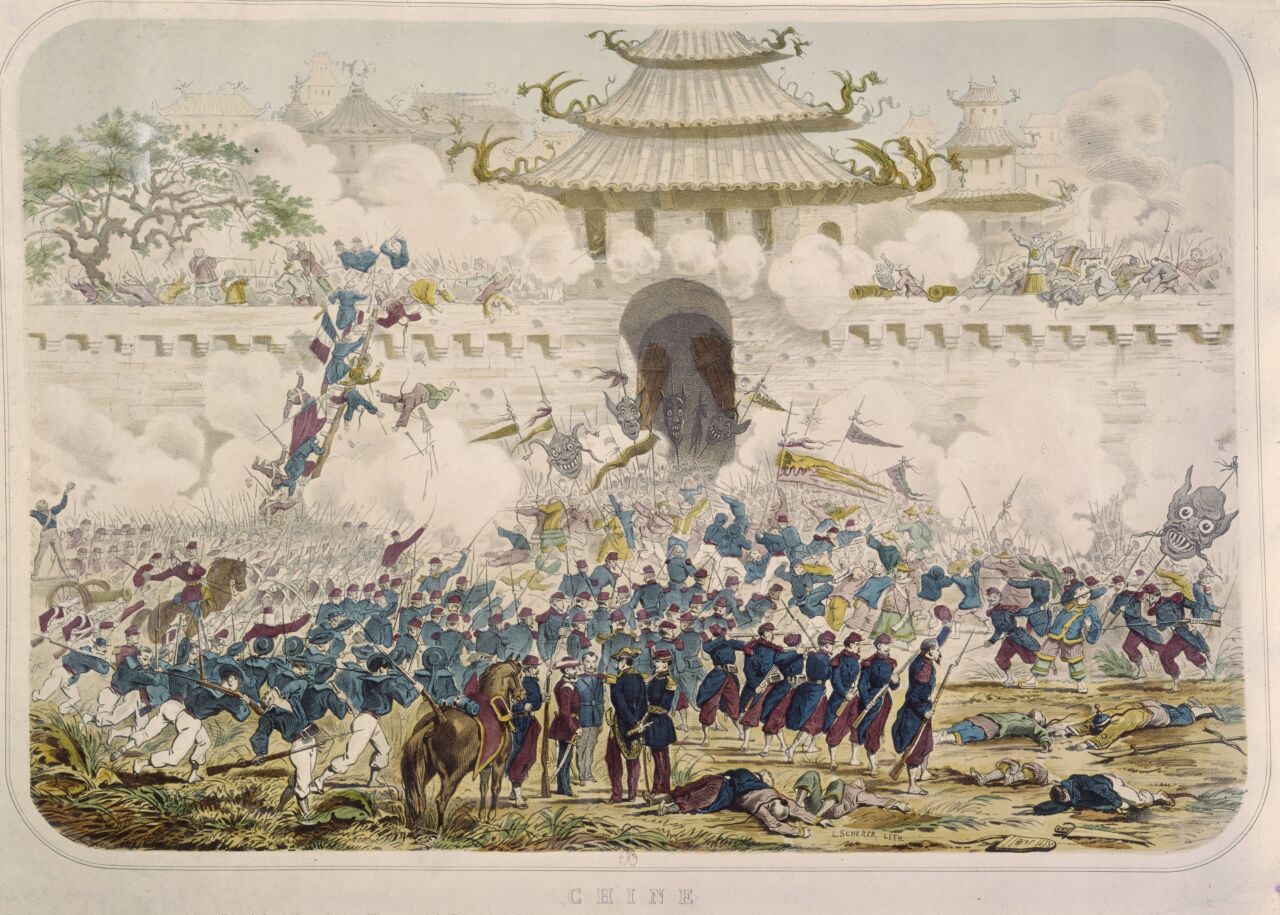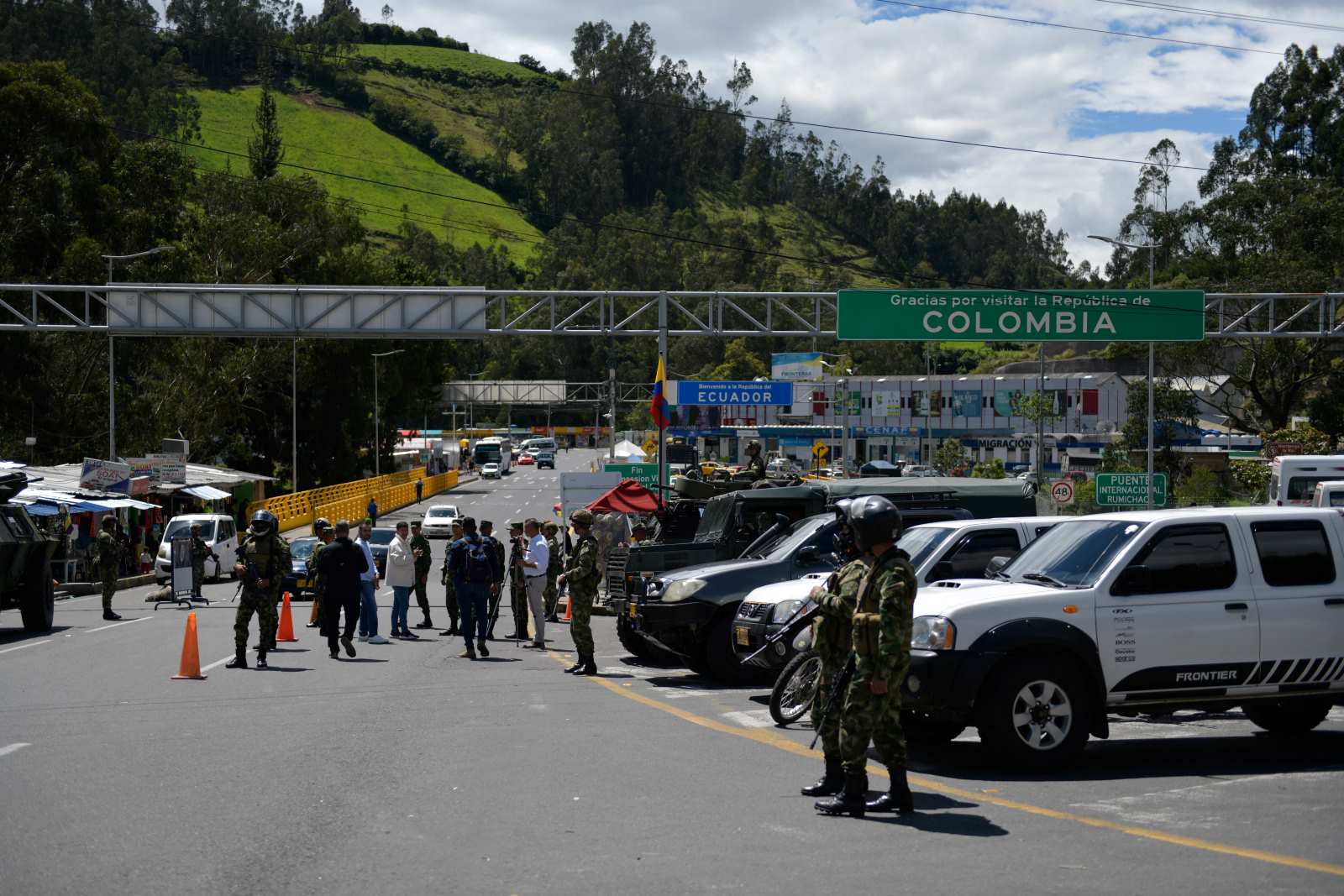Public affairs
Development is thwarted where corruption corrodes the common good
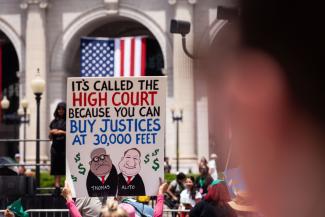
Bribery is always unfair because it means that some people get things that are denied to others – whether an under-the-table payment helps to obtain official documents or even buy a formally illegal building permit. Corruption can escalate to state capture by unaccountable groups. The less people trust state institutions, the more dysfunctional and fragile that state will become, and authoritarian leadership will look increasingly attractive. In a vicious cycle, high-level corruption encourages petty corruption.
Bribery exacerbates the disadvantages local communities suffer. Those who are unable or unwilling to pay, find themselves deprived of public services. Corruption has impacts on access to health services, education, employment opportunities, clean water and electricity. It distorts planning and policymaking, because office holders see incentives to create new opportunities for taking bribes, but not to deliver public services to as many people as possible.
These dynamics are well understood. The non-governmental organisation Transparency International has been monitoring international trends since its start in 1993. “Accountability” and “good governance” soon became important buzzwords. Around the turn of the millennium, fighting corruption was high on the international agenda.
Courage and community spirit
People at the grassroots of society generally despise corruption and will fight it if they can. Consider this recent anecdote from an African metropolis. A power utility employee abused his position, disabling fuses and then offering to reconnect residents to the grid if they paid him a “quick-service fee”. Local women caught on to his ruse. When he again climbed a power mast to disrupt electricity supply, they gathered below and only let him come down after he promised to abandon the scheme.
It takes courage and community spirit to act this way. Taking a stand against malpractice by officials is no trivial matter. To speak their minds and form alliances without fear, people must know that their civic rights are secure. That is not the case in places where corruption taints public administrations and the judiciary, even if the freedoms of speech, association and public assembly are formally enshrined in the constitution.
Nice words won’t do
For about 30 years, donor governments have been adopting anti-corruption rhetoric. Too often, it has remained mere rhetoric. In Afghanistan, billions of dollars were lost to corruption, and every western government was aware of it. In Africa, especially in resource-rich, conflict-laden countries, donor institutions tend to tolerate endemic corruption. Under the guise of “political dialogue”, aid is provided, often not only for development, but also military purposes. Meanwhile, millions of people in the same countries are caught in seemingly endless cycles of entrenched inequalities, minimal public services and daily survival challenges. Whether at low or top levels, corruption prevents inclusive progress geared to achieving the UN Sustainable Development Goals (SDGs).
Donor institutions would do well to do more in support of civil-society groups and democratic forces that demand public accountability instead of propping up irresponsible governments. Sadly, however, we see setbacks in the fight against corruption in supposedly advanced nations.
In the USA, for example, the Supreme Court has recently ruled that only money paid before an official’s decision is legally a bribe, whereas it amounts to a gesture of gratitude later in time. It is certainly no coincidence that some of the judges who took this decision are known to have enjoyed expensive vacations and other gifts from billionaires who benefited from Supreme Court decisions. Clearly, they are setting the wrong example on the world stage.
The social fabrics of many countries – not only developing ones – are eroding. Where officials are allowed to expect favours from prosperous persons after taking decisions those persons like, things can only get worse.
Glenn Brigaldino is a social scientist who worked for various development agencies. He lives in Ottawa.
brigaldino.5542@rogers.com

